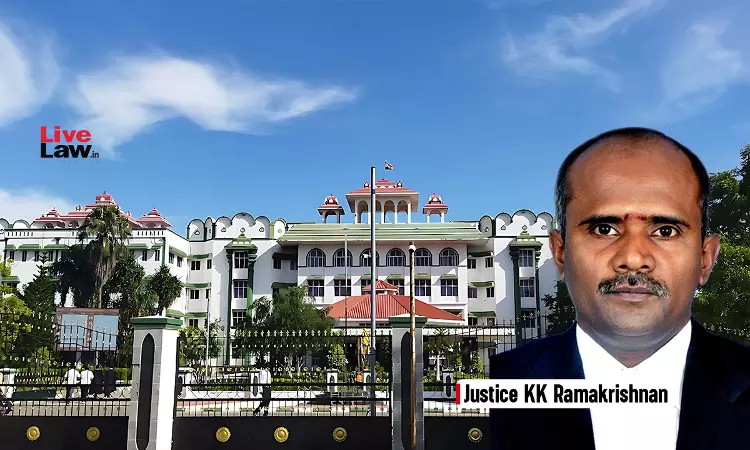Madras High Court Suggests Setting Up Of Special Courts To Deal With Cases Under Mines And Minerals Act
Upasana Sajeev
7 Nov 2023 9:00 AM IST

Next Story
7 Nov 2023 9:00 AM IST
The Madras High Court recently suggested that special courts be set up to deal with offenses relating to illegal mining and transportation under the Mines and Minerals Act. The court noted that presently the Principal District and Sessions Court assumed jurisdiction under the Act which was already accumulated with a number of cases besides administrative work. The court thus opined that...
